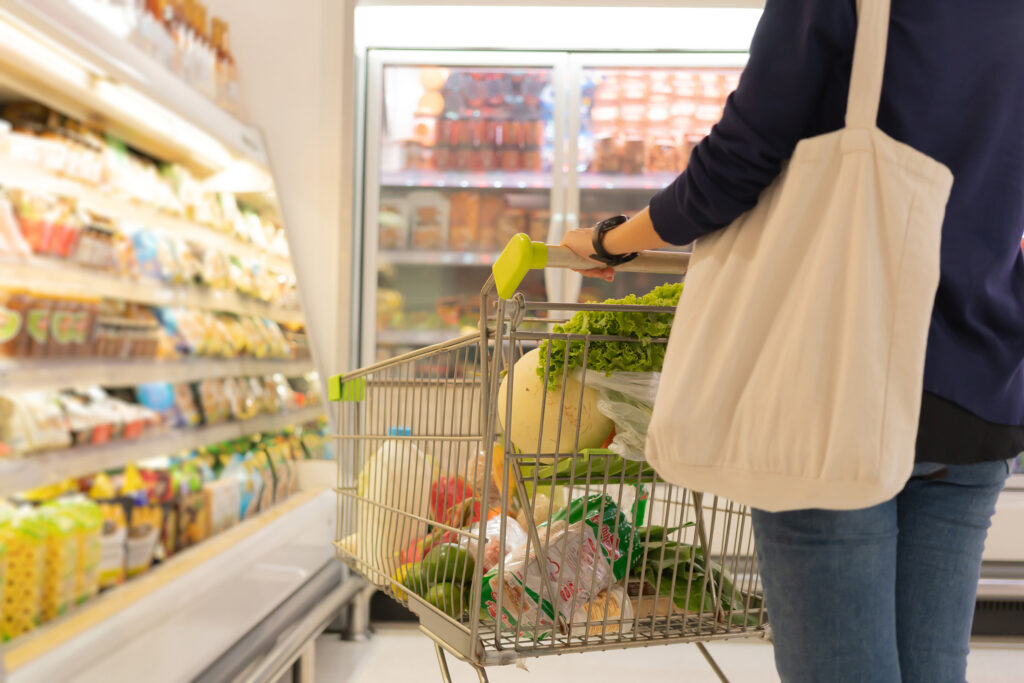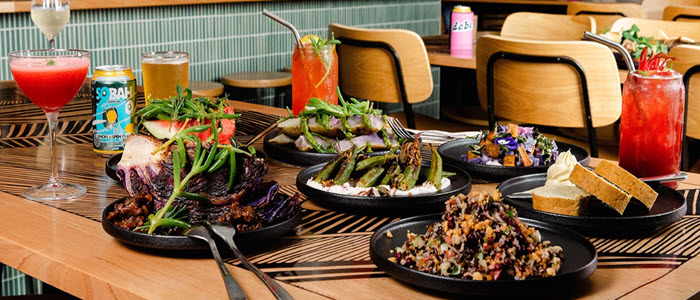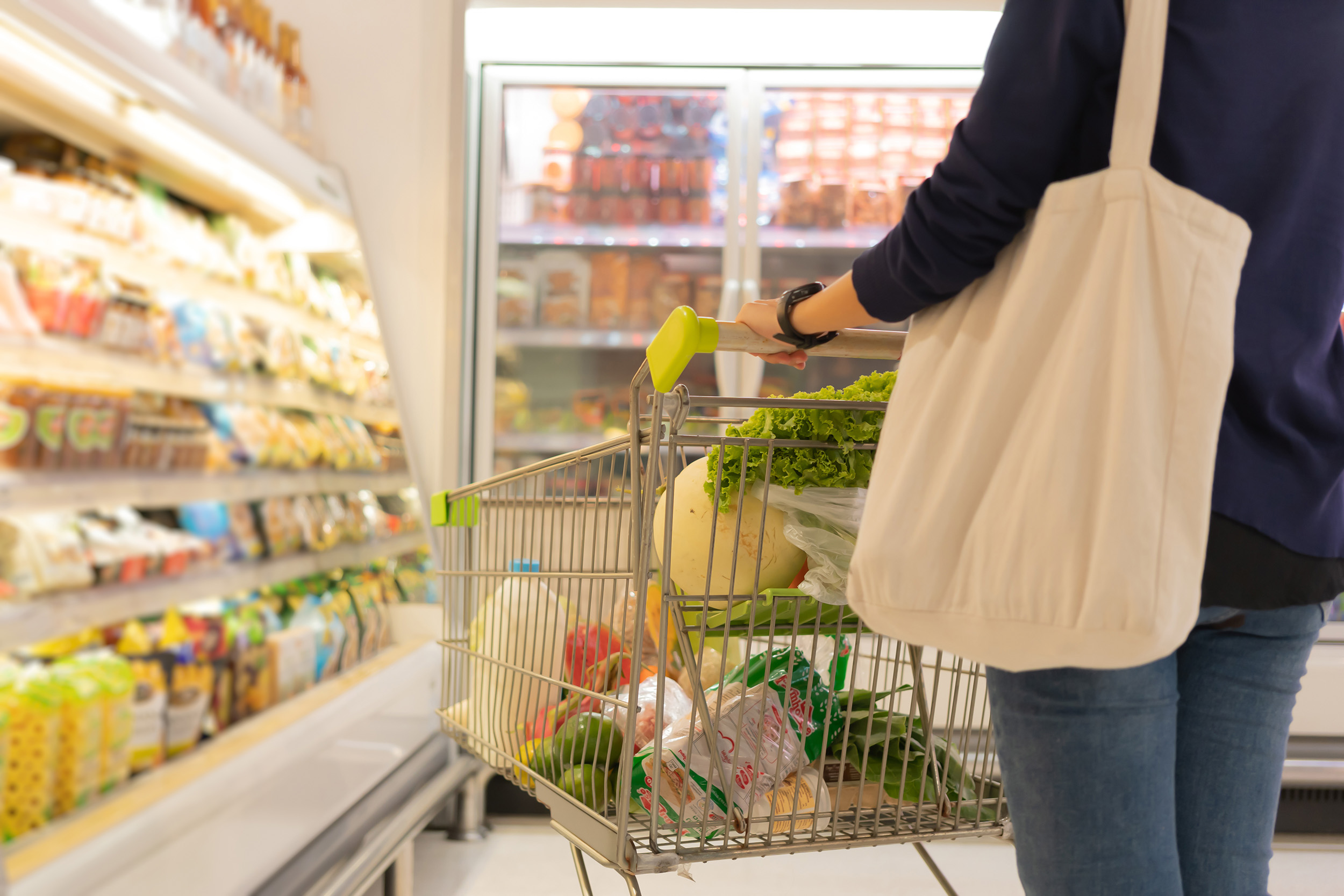This Global Insight series focuses on the rise and establishment of ‘provenance’ in food stories and the food journey. As consumers become more and more interested in food provenance, how it is produced, where the ingredients are sourced, and its sustainability journey, food manufacturers and key stakeholders in the industry are turning to a provenance narrative to engage with customers. With more than 70% of UK adults concerned about the origins of their food1, we evaluate the reasons for this move globally and how food manufacturers can harness this trend to positively influence consumers’ purchasing decisions.

The conversation on provenance has steadily been gaining momentum since 2015 with ‘fake food’ scandals that were rife in UK and European supermarkets. In 2017 a UK retailer got named and shamed for using a ‘fake farm’ name on its produce and marking it as UK origin when it was in fact EU produce that had been packaged in the UK. These occurrences were not uncommon globally, and they sparked outrage, as well as peaking consumer interest in the origin of their food and making them more suspicious.
The covid 19 pandemic amplified these provenance concerns as food scarcity and supply chain issues made us more aware of our reliance on imported foods and made the consumer significantly more wary of their health and diet, thus we saw the rise of local and seasonal produce. Buying locally means that the nutritional value of food is much higher, as it is consumed closer to harvest and has not lost its valuable vitamins and minerals. Therefore, as consumers continue in their mission for a more nutritionally positive lifestyle post-COVID, choosing fresh produce that is both seasonal and local is an easy way to support this goal. Celebrity chefs like Gordon Ramsey, and up and comers like Chantelle Nicholson are drawing attention to the many benefits of eating locally which increases the consumers’ connection to the cause.
Restaurants have always used ingredient provenance as a selling point for consumers and used provenance and origin to demonstrate quality, think Grass-fed Australian beef or line-caught Dover Sole. However, we are now seeing this being taken even further- restaurants are now required to produce clear traceability of their supply chain to support these claims. The same goes for retail, consumers have become more scrupulous and so any provenance claim must be backed up.
Finally, sustainability concerns are placing even greater pressure on the importance of provenance, both for consumers and manufacturers. 55% of consumers surveyed in 2022 said they were more likely to buy a specific food item if it came with a sustainability food claim2. This is up on the figures from 2019 and even in countries like the U.S., these numbers are increasing. This demonstrates a clear message from consumers that the origin, and more importantly a sustainable origin, is of particular importance in the purchasing process. Provenance claims are also embedded in the ‘good for you, good for the planet’ trend, as consumers are looking for clear origin callouts, not only to eat locally and seasonally but also to support their personal sustainability mission. These trends have been exacerbated by social-cultural moments like the release of ‘Seaspiracy’ which shed light on the falsification of on-pack sustainability claims on fish, and the impact of the fishing industry on climate change. This made consumers suspicious and increased the value and importance of authentic provenance claims in the decision-making process of shoppers.

Traceability and origin can therefore be seen as a competitive advantage for food manufacturers. Where the food has come from and how it got to our tables instils confidence in the minds of consumers, encouraging repeat business and brand loyalty. Certified B Corp UK restaurant chain Hawksmoor uses their sustainably sourced British beef as a key point of difference between their competitors and so whilst it might come as a surprise that a steak restaurant is being rewarded and celebrated for their sustainability achievements, it is in fact the provenance of their ingredients that is winning the customers approval.
As mentioned earlier, this desire for clear and positive provenance does not come without its challenges, such as quality, fraud, and safety. One way in which the industry is tackling this is by incorporating blockchain into the agricultural supply chain. Food businesses could use blockchain to bolster their corporate reputation and CSR mission. A French supermarket has done just that, using blockchain to validate the supply and production of their free-range chickens3. Using blockchain would effectively dissuade fears from consumers of greenwashing and fraud but it is not yet accessible for all in the food industry.
Provenance has been climbing the consumer agenda over the past 10 years and is now a key driving factor in consumer decision-making. Whether looking at it from an origin, sustainability, or nutritional lens, the result is the same- the faster and more effectively manufacturers can provide secure and positive provenance claims, the more popular they will be with the everyday consumer.
For more information on other food trends and market insights, reach out to your local team here.
United Kingdom – M&S Traceability Campaign
Not only will all beef in M&S boast a large union jack label to clearly mark British origin and celebrate British farming, but also will offer DNA level traceability on every beef item in the supermarkets. From beef sandwiches to steak, curries and ready meals, consumers can shop with confidence that their beef is of British origin.


Australia – Big Esso Restaurant
Big Esso wants to nourish its customers and celebrate Australian ingredients. From Lemon Myrtle Labneh to crocodile and emu, head chef Nornie Bero puts Australia’s native bounty at the forefront of all dishes. With 84% of Australians placing greater value on local, Big Esso are pulling in a big crowd.
Thailand – CP Foods
Multinational company, CP Foods, is rolling out full integration of Blockchain technology on all their products after successful trials with pork and chicken. Consumers will be able to scan a QR code on the packaging and be presented with the untampered supply chain from raw ingredient procurement to shipping and sale of the finished product.

References: 1. https://www.foodmanufacture.co.uk/Article/2022/12/13/uk-adults-seek-clarity-on-the-source-of-their-food#:~:text=The%20research%20found%20that%2070,to%20source%20higher%20welfare%20foods. 2. https://www.oliveoiltimes.com/world/consumers-prefer-sustainable-food-options/105220 3. https://originstamp.com/blog/blockchain-adoption-for-provenance-traceability/#:~:text=Blockchain%20creates%20a%20shared%2C%20secure,chain%20efficiency%20down%20the%20road
Please note, we are not affiliated, associated, or in any way officially connected with the brands and products mentioned within this post




